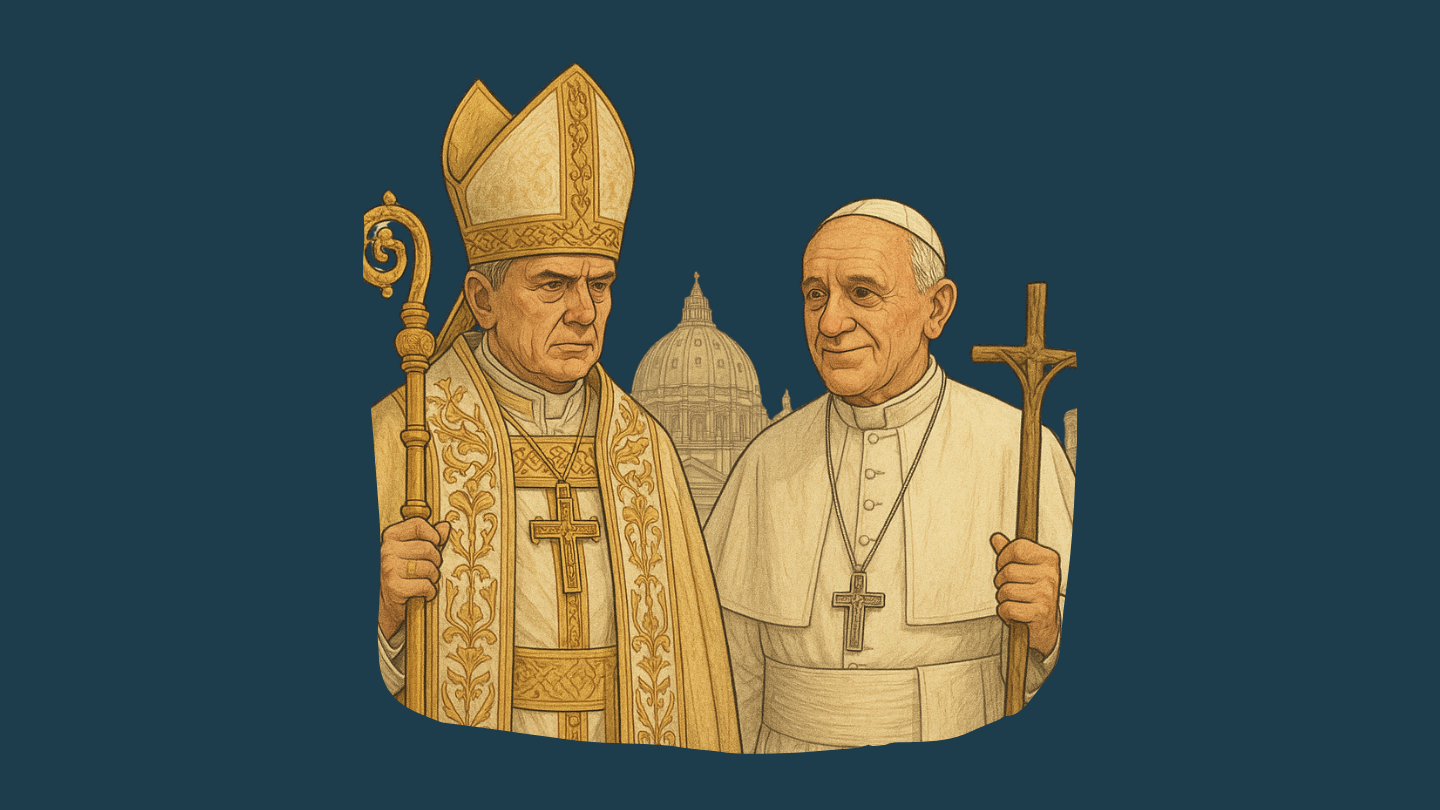play a crucial role in
Commonality score: 1 (Very Common)
Translations
Arabic: يلعب دورًا حاسمًا في (yalʿab dawran ḥāsiman fī)
Chinese (Mandarin): 在...中起关键作用 (zài...zhōng qǐ guānjiàn zuòyòng)
French: jouer un rôle crucial dans
German: eine entscheidende Rolle spielen bei
Hindi: में महत्वपूर्ण भूमिका निभाना (mein mahatvapurna bhoomika nibhaana)
Japanese: 重要な役割を果たす (jūyōna yakuwari o hatasu)
Korean: 중요한 역할을 하다 (jungyohan yeokhaleul hada)
Polish: odgrywać kluczową rolę w
Portuguese: desempenhar um papel crucial em
Russian: играть решающую роль в (igrat' reshayushchuyu rol' v)
Spanish: desempeñar un papel crucial en
Thai: มีบทบาทสำคัญใน (mi botbat samkhan nai)
Turkish: önemli bir rol oynamak
Vietnamese: đóng vai trò then chốt trong
Empty space, drag to resize
Whilst every care has been taken to ensure accuracy, translations could be misleading. Check with your teacher if you are unsure.
Don't see your language? Try Google Translate
Don't see your language? Try Google Translate
Type of Idiom?
Idiom Type: Literal Idiom
The phrase "play a crucial role" belongs to a category of idiomatic expressions that are called literal idioms (or semi-idioms).
Unlike figurative idioms (e.g., "kick the bucket," meaning "to die"), literal idioms convey their meaning through the literal definitions of the words, but their specific phrasing and use make them idiomatic.
Definition/s
- To have a significant and decisive impact or influence in a particular situation, activity, or process.
Verb Forms
(to) play a crucial role
Base Form
played a crucial role
Past Form
played a crucial role
Past Participle
playing a crucial role
Present Participle (-ing)
plays a crucial role
-s Form
Examples
- Innovation plays a crucial role in driving economic growth.
- The discovery played a crucial role in advancing medical science.
- Local leaders play a crucial role in addressing community issues.
What are Openers?

- Openers are conversation starters you will use to participate in a discussion. They come in three forms:
1. Open Questions
- Ask an open question and understand your conversation partners’s views.
- Make sure to ask follow ups, and remember: this is a conversation, not an interview!
2. Stories
- Tell a personal story. Something that has happened to you, or somebody you know.
- Or tell us about something that you have done or seen.
- Your conversation partners must then follow up with you or reciprocate with their own stories.
3. Opinions
- Share an opinion about something that the content has inspired.
- Respectfully identify any agreement or disagreement there is in the room.
What are Openers?

- Openers are conversation starters you will use to participate in a discussion. They come in three forms:
1. Open Questions
- Ask an open question and understand your conversation partners’s views.
- Make sure to ask follow ups, and remember: this is a conversation, not an interview!
2. Stories
- Tell a personal story. Something that has happened to you, or somebody you know.
- Or tell us about something that you have done or seen.
- Your conversation partners must then follow up with you or reciprocate with their own stories.
3. Opinions
- Share an opinion about something that the content has inspired.
- Respectfully identify any agreement or disagreement there is in the room.
The Skinny
You’ve been asked to brief a senior executive (the “boss”) on a key issue from a recent business news event. This person is busy and relies on you to give them insight, not headlines.
You have 60–90 seconds to deliver a concise, high-value update tailored to their concerns and communication preferences.
1. Read the boss profile carefully.
- Who are they?
- What do they care about?
- What do they not want to hear?
2. Stick to their focus.
- What part of the story matters most to them?
- Don’t explain everything—prioritise.
3. Use business English.
- Be clear, precise, and professional.
- Avoid informal or emotional language.
Two Papal Styles: Clerical vs. Pastoral

Not all popes lead the same way. Some focus more on rules and tradition, while others focus on care and connection. These two styles are often called clerical and pastoral.
Understanding the difference can help us see why Pope Francis felt so different from past leaders—and why some people loved his style while others disagreed with it.
Understanding the difference can help us see why Pope Francis felt so different from past leaders—and why some people loved his style while others disagreed with it.
🟣 Clerical Style
- Focuses on rules, tradition, and Church authority
- Speaks with clear, firm direction
- Keeps strong boundaries between Church leaders and members.
Example: A clerical pope might defend strict Church teachings on family or sacraments.
🟢 Pastoral Style
- Focuses on compassion, listening, and inclusion
- Tries to meet people where they are.
- Emphasises mercy over judgment.
Example: A pastoral pope might welcome divorced people or support migrants and the poor.

